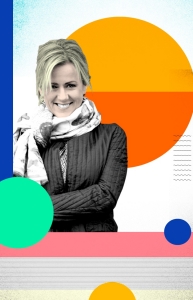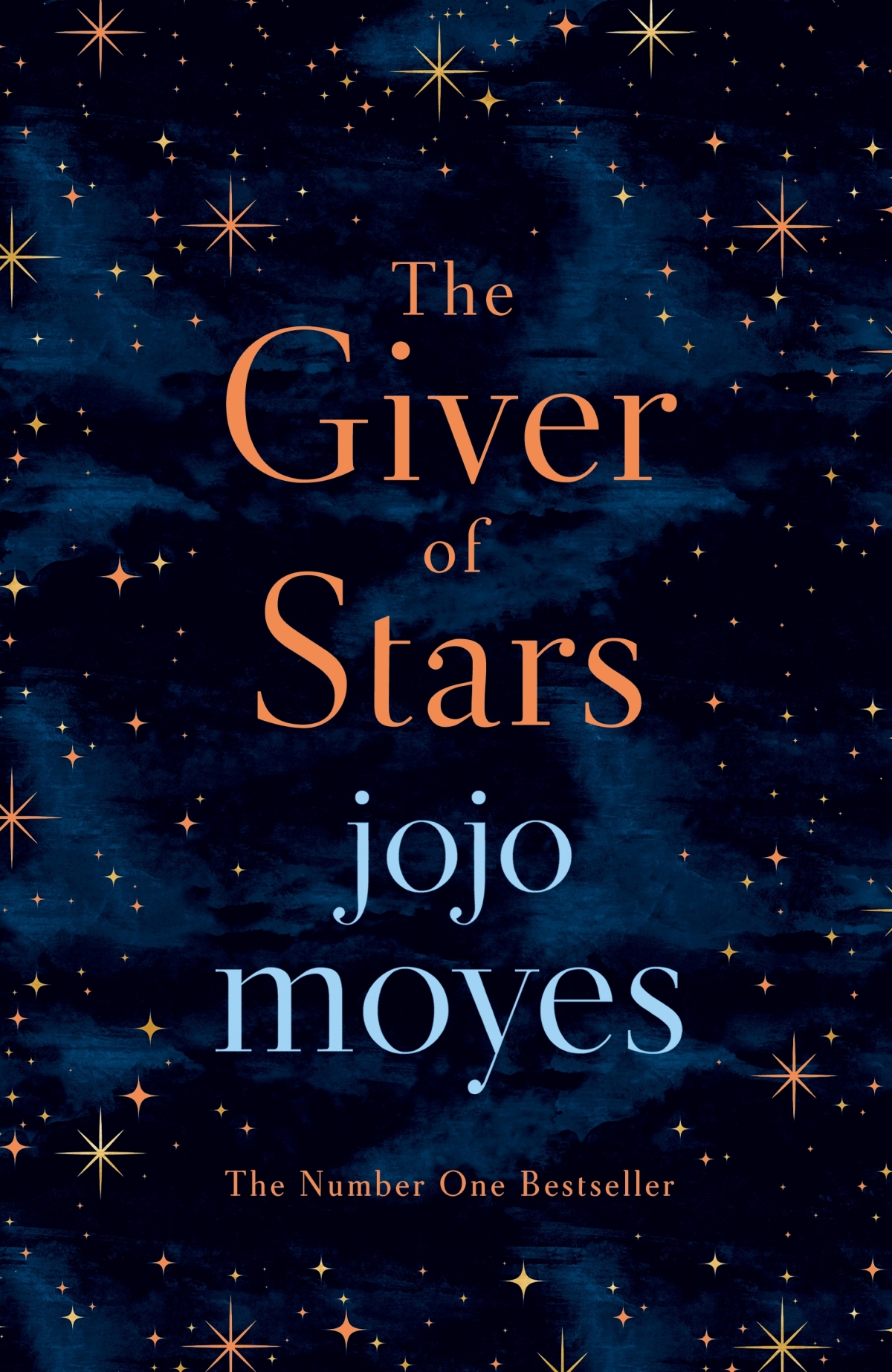
The Me Before You and The Giver of Stars author on friendship, family and savouring the small things while life is on hold for Covid-19.
I was lying on the grass talking to a friend who I hadn't spoken to in the four? five? weeks since lockdown. 'Do you remember telling me you just wanted the world to slow down for a bit?' she said. 'What did you do?'
I laughed. In truth I had been so busy I didn’t even remember the conversation. That has been my life for 10 years. I flew so much I knew the layout of every hub airport from here to Houston; my diary used to give me ulcers. I could count my weekends off in any one year on one hand. Maybe that sounds boastful. It isn't meant to. I loved my job, I rationalised, so it wasn't workaholism. Until a series of personal crises and my workload caught up with me last year, forcing me finally to take time out.
I negotiated a year off from writing; planned non-work trips and adventures in what I thought of as my year of change. I reclaimed a social life; had lunches and dinners, which were lovely, but they were mostly people in my industry. And, four months in, somehow my days were still full: family, admin, that curse of modern life, promotional leftovers, scripts that still needed reworking. When I found myself making notes one afternoon, I realised I was already halfway back into the world of work. Maybe, I thought, that's just who I was.
And then Covid-19 happened. And the world stopped.
For the first two weeks, like many, I became almost manic. I had a panic attack when lockdown was announced. I planned escape routes, called my friends incessantly. How was I meant to cope without them? I grieved the plans I had made, the life-changing trips I had lost, and then told myself to get a grip. I would simply use my time constructively. Catch up on everything, sort the office, organise my accounts. Maybe even write something about it.
But, like many writers, my brain refused to comply. I couldn't focus. I couldn't sleep, or nodded off at odd times in the day. My emotions sat on the surface of everything, bringing joy or tears at inappropriate moments. I stopped calling all but a handful of close friends: (how many times can you say: isn't it weird? Are you okay? anyway?).
People I knew and love fell ill, none (yet), thankfully bad enough to require hospitalisation, but enough for it to register. This is huge. And it demands respect.
I stopped counting days, or thinking about after. I gave in to the new Groundhog rhythms of the day, its housework, dog walks and mugs of tea.
And now, five weeks in, I find myself slowed almost to a standstill. I lie in the grass with the dogs (I'm lucky enough to have a garden). I cook, with thought, and love. I speak to my tiny handful of people every day and at length. I put my head out of my bedroom window at midnight and marvel at the stillness of the dark, the distant calls of a lovelorn frog, the rustling of birds in bushes.
I shop slowly too, from local farm shops, suppliers who have lost restaurant trade and need help. We have eaten new, and delicious things. I queue patiently, exchange pleasantries with two-metre distanced neighbours. I trade emails with writer friends abroad, and we compare our experiences and express love. I spend little time on social media, aside to admire the good dogs and beautiful landscapes of Instagram. I watch romantic comedies at night, and mostly shield myself from news. There is too much of everything. But we can choose how much to absorb.
It's human nature to try to find the silver linings, and here are mine: my pulse has slowed. I have learned a little meditation (I'm bad at it, but there are lessons that have been useful: live in the moment, there is no such thing as never or always, breathe). An inveterate planner, I now don't look beyond the half day. I'm grateful to be here. My children are safe and have food in their bellies. I still speak to those I love, and I'm grateful for the technology that allows it. I think about the bravery of those on the front line of this virus and I'm grateful to them too. Anxious for them, and grateful.
I don't know what will happen when this is over. I don't think about it; not because I don't care, but because how can any of us begin to know? I hope I can hold some of the things I have learned to savour, the greatest of which has been time spent doing little.
To lose your life is to lose time: all of it. To still be here, noodling through it, wasting it, sitting on the grass with a dog at your feet, is, I now understand, the greatest of privileges. Sometimes, just being is enough.
Turns out this has been a year of change after all.
 |
Jojo Moyes
Inspired by a remarkable true story, the unforgettable journey of five extraordinary women living in extraordinary and perilous times.
|
Image: Tim Lane/Penguin







